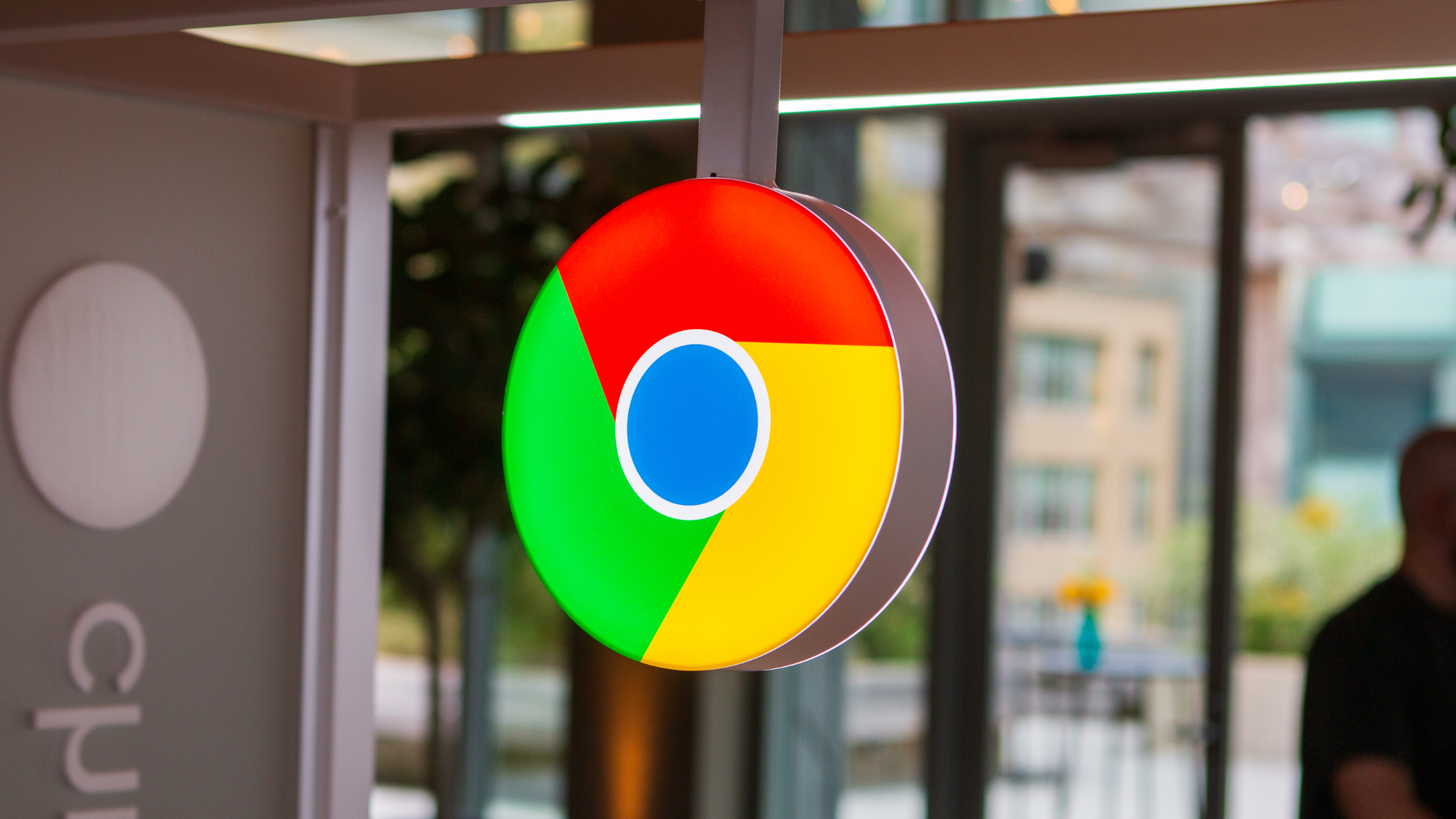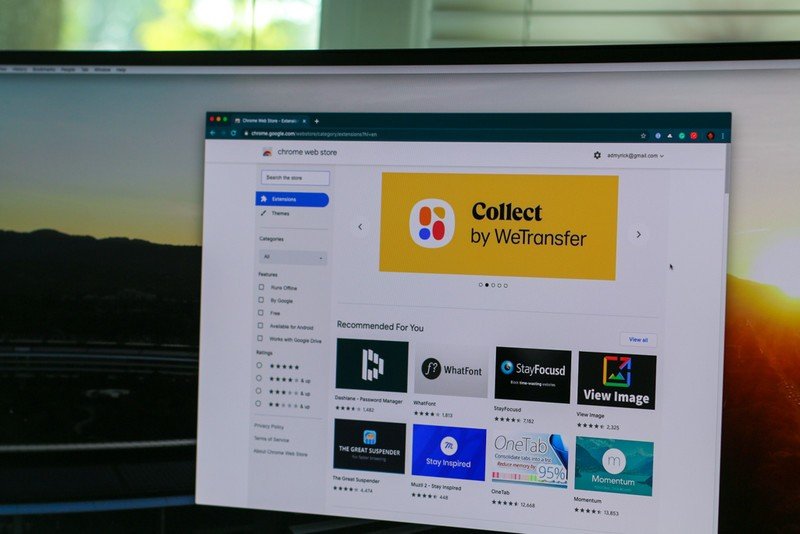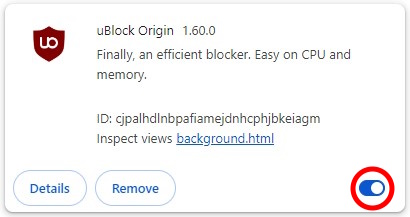Making sense of the Google Chrome and ad blocker extensions mess
You should never blindly trust Google, but things aren't as bad as you might think this time.

Google's Manifest v3 rules for Chrome Extensions seem to have everyone up in arms because the popular ad-blocker extension Ublock Origin was pushed out. Of course, social media and discussion groups are full of comments stating this was the purpose of the changes, and since Google is an ad company of course they want to ban all ad blockers. neither is true.
It's also not true that Ublock Origin doesn't work; I'm using it right now even though I was told it doesn't function. What is true is that Chrome extensions have some new rules to follow, which Google says are designed to increase security and privacy. Nobody believes them.
In the simplest terms, Manifest v3 is a response to DataSpii. DataSpii was described as a catastrophic data leak from Chrome and Firefox users who had certain extensions installed that were able to stay within the old set of rules but harvest user data ranging from Tax Returns to credit information. It was pretty bad.
Changes like preventing remote code from downloading or running and changes to the WebRequest API make it much more difficult for this to ever happen again. It will happen again but not for the same reasons or in the same way. Again, not everyone agrees that these changes are helpful.

Unless you write Chrome extensions, none of this matters to you. Your concern is that extensions you've come to depend on may stop working. That hasn't happened yet, but it might.
I mentioned that I'm still using Ublock Origin without any issues; I simply had to turn it back on in Chrome's settings. Because this goes against Google's perceived best security practices, I won't tell you how to do that, but you can easily Google the answer and do the same. I think this is one of those times where if you didn't know how to manage extensions yourself, you're better off using Ublock Lite anyway. That's not me being elitist (flipping a toggle on a settings page is hardly elite behavior), but I think some people are better off not messing with things. You know people like this if you aren't one of them yourself, and there is no shame in it.

As for the changes that prompted all of this — they were necessary... at least some of them. It's hard to believe that Google was OK with any extension running outside code that was never reviewed as long as it did, but it happened. I wanted to understand how extensions worked a while ago, so I wrote a couple of very complicated ones to display Photospheres stored in Google Photos and depended on the fact that I could host scripts that ran remotely. I don't have the same experience as someone who builds extensions regularly, but I know enough to understand why some of these changes are a good idea.
Get the latest news from Android Central, your trusted companion in the world of Android
Will this kill off the next great idea? Maybe. I can't see the future, but if an idea comes along that would break the rules, someone could still write it for Firefox or Microsoft Edge. If Google continues to allow older extensions to run, users could install the unpackaged version in Chrome using developer mode. I wouldn't let this stop me from developing something I wanted to share with the world, even if very few people would ever be able to use it.
Ad blockers are a must. I know I work for a company that loves to place ads everywhere, but I would advise you never to browse the web without the protection of an ad blocker and a tracking cookie blocker because not only is the experience bad, but it can also point you towards malware. Don't do it. Use Ublock Lite and Privacy Badger or Ghostery, and you'll be glad you did. Install them, use the default settings, and turn them on if nothing else.

If you want to go a step further, use a fast VPN that blocks ads or build your own hardware-based device like a Pi-Hole. Or heck, do all three if you want. Just don't surf the web without some sort of insulation against the ads. You could even switch browsers and use Firefox because almost every website supports its engine with no issues.
What not to do is pay attention to things that tell you the sky is falling. It's not. This is a case where another tech company is doing something that hurts developers or forces them to do extra work. We see that every day and should be glad that developers are willing to do that work and continue to provide the tools we need.
Focus that energy and outrage on the fact that it's 2024, and Chrome for Android still doesn't support extensions, which is far worse.

Jerry is an amateur woodworker and struggling shade tree mechanic. There's nothing he can't take apart, but many things he can't reassemble. You'll find him writing and speaking his loud opinion on Android Central and occasionally on Threads.
You must confirm your public display name before commenting
Please logout and then login again, you will then be prompted to enter your display name.
